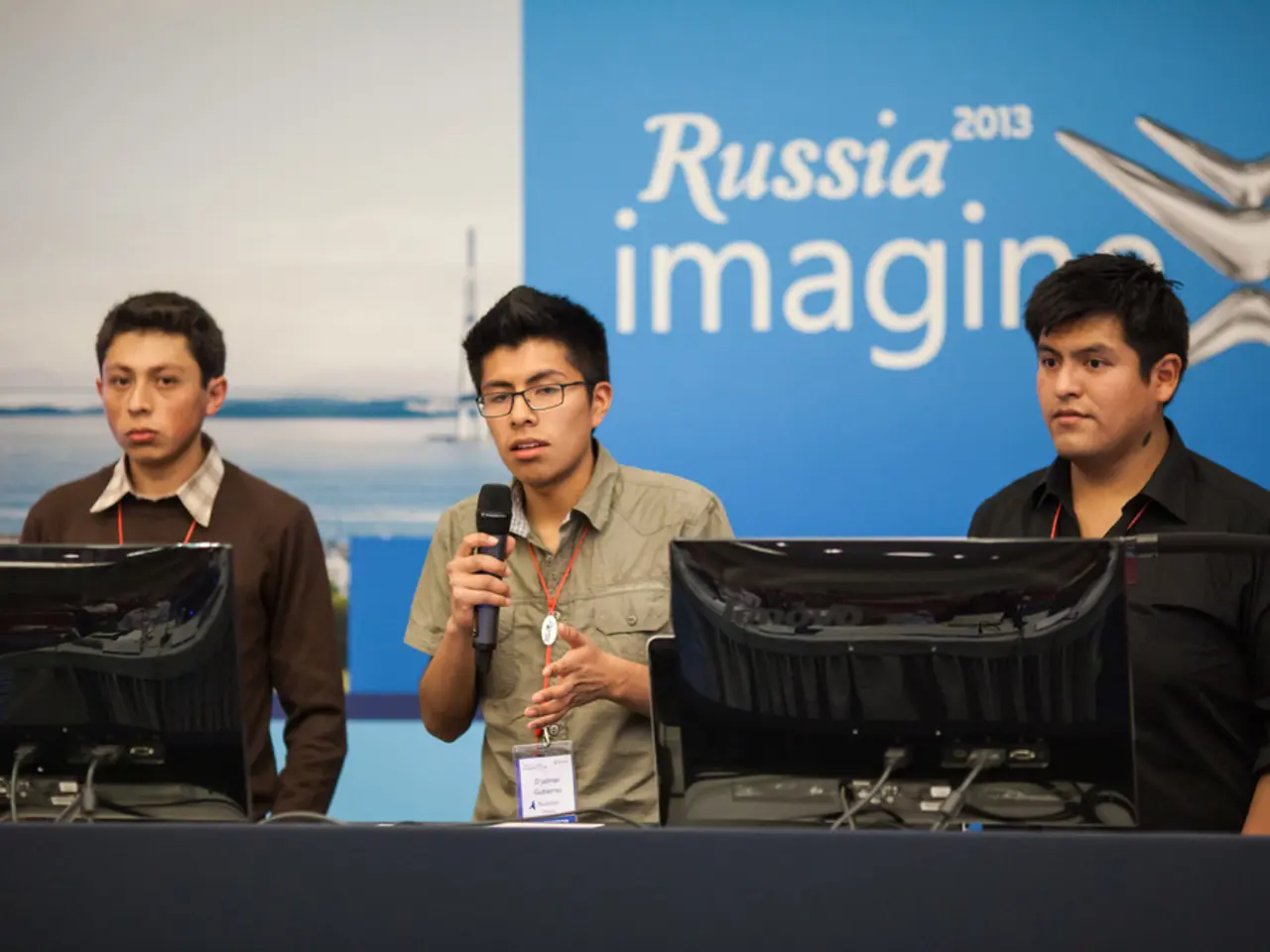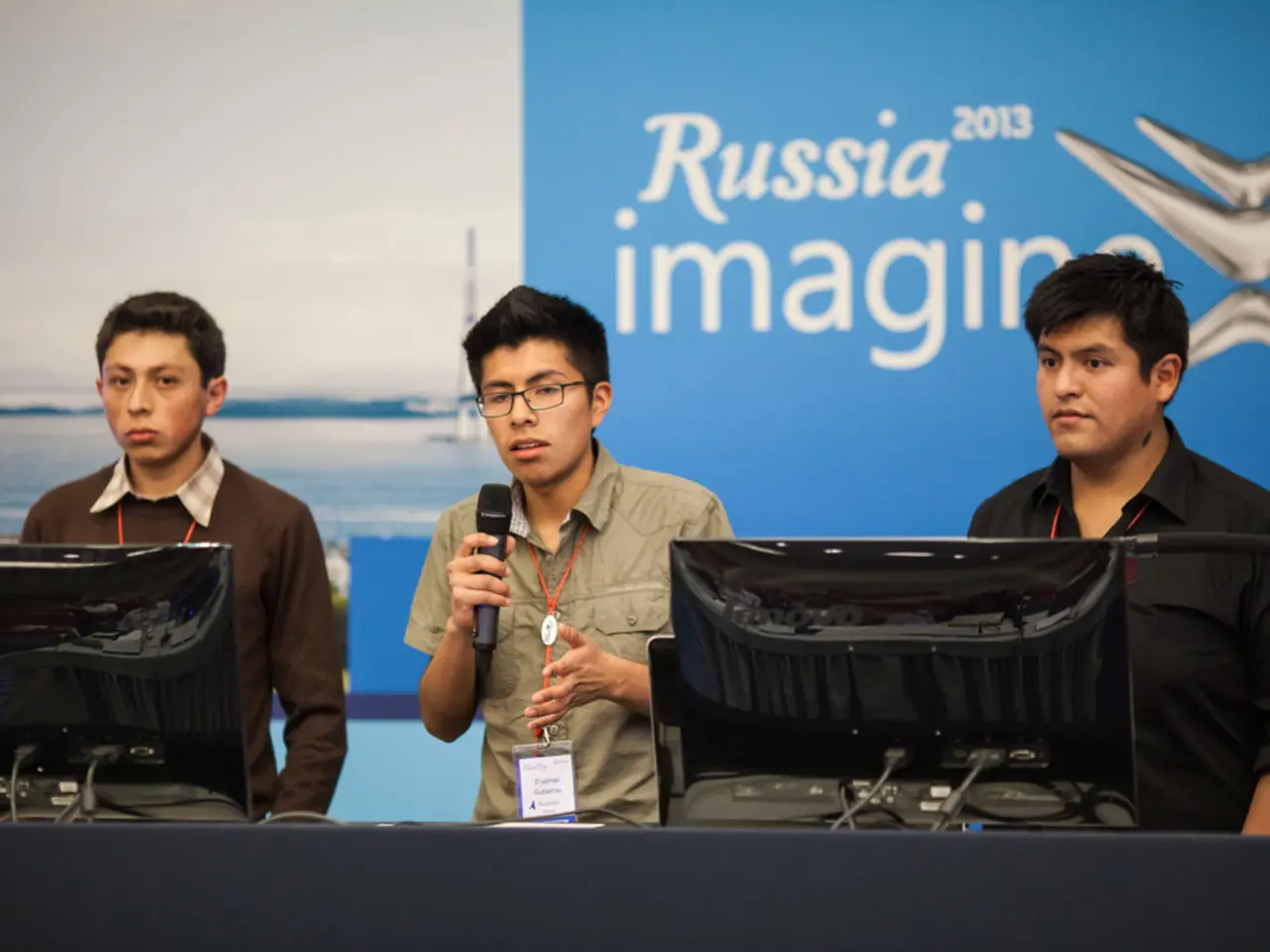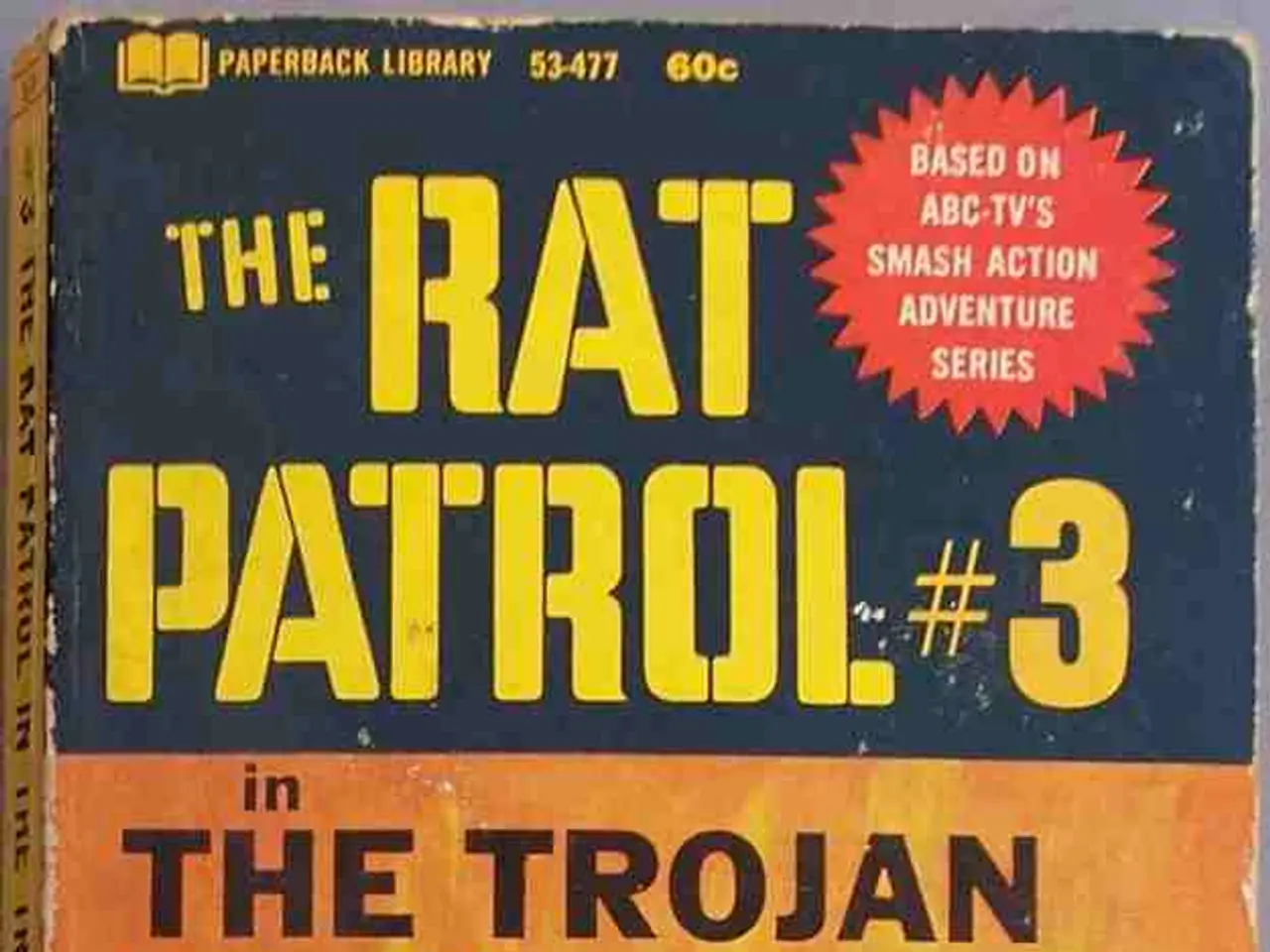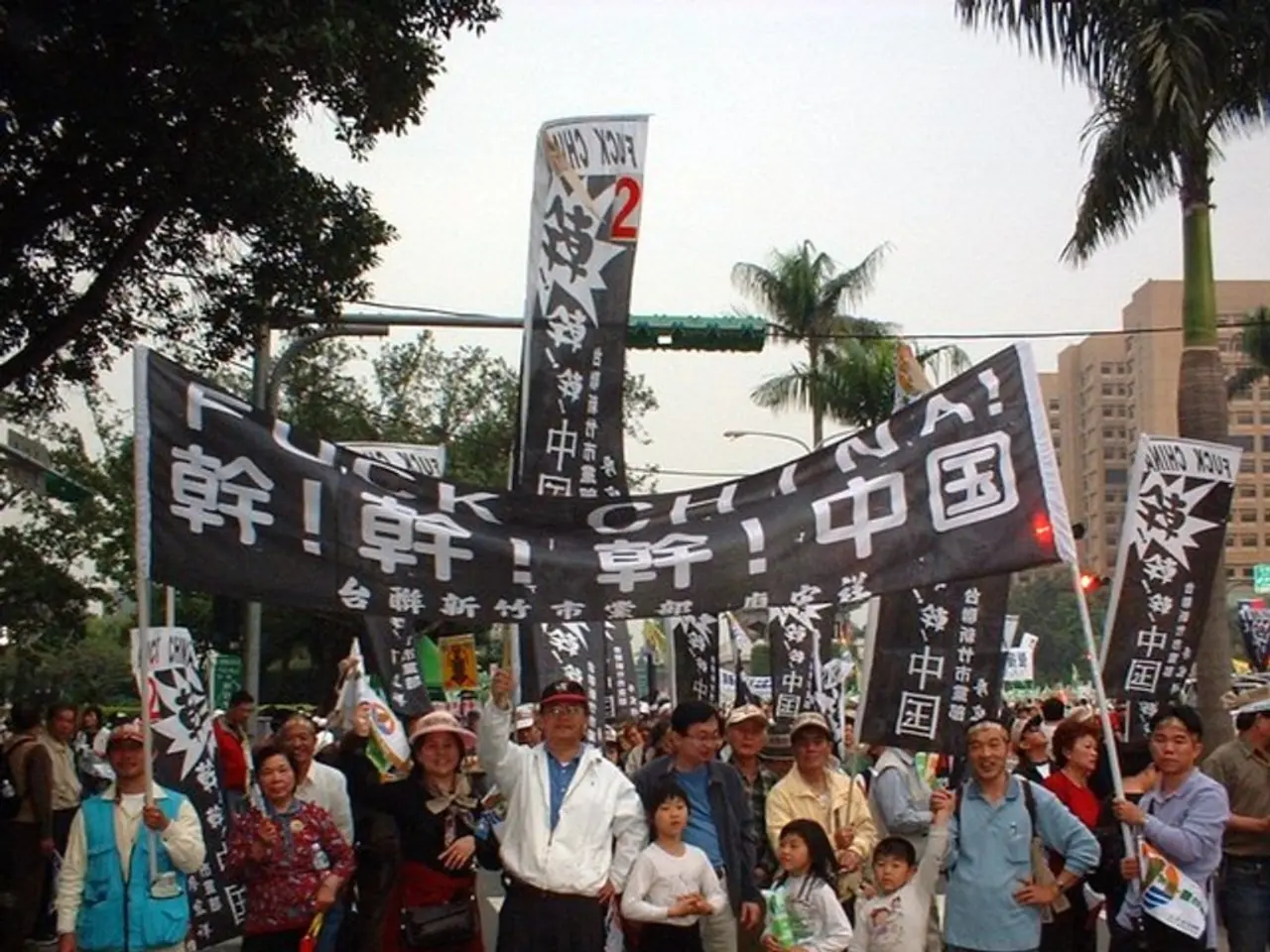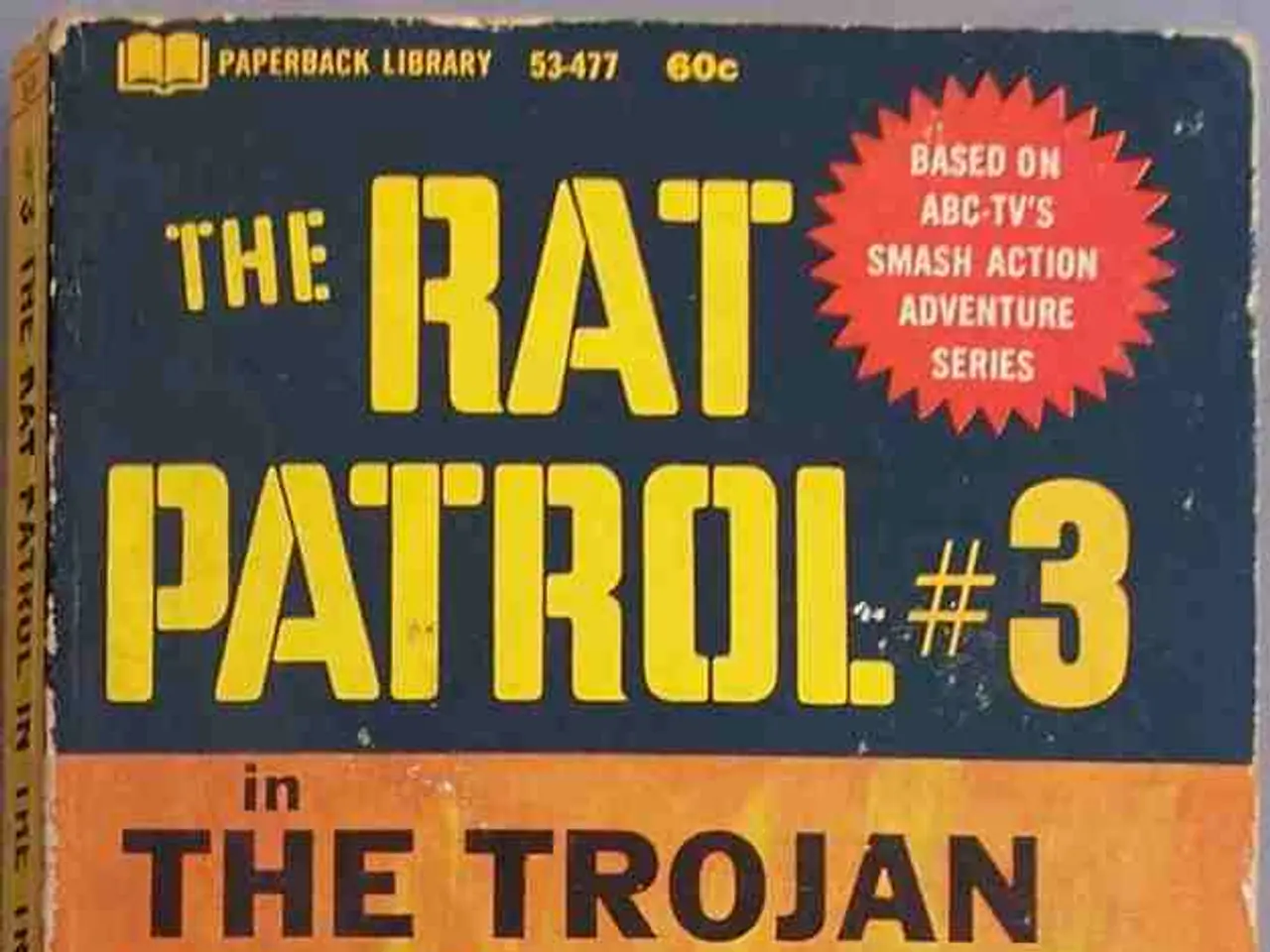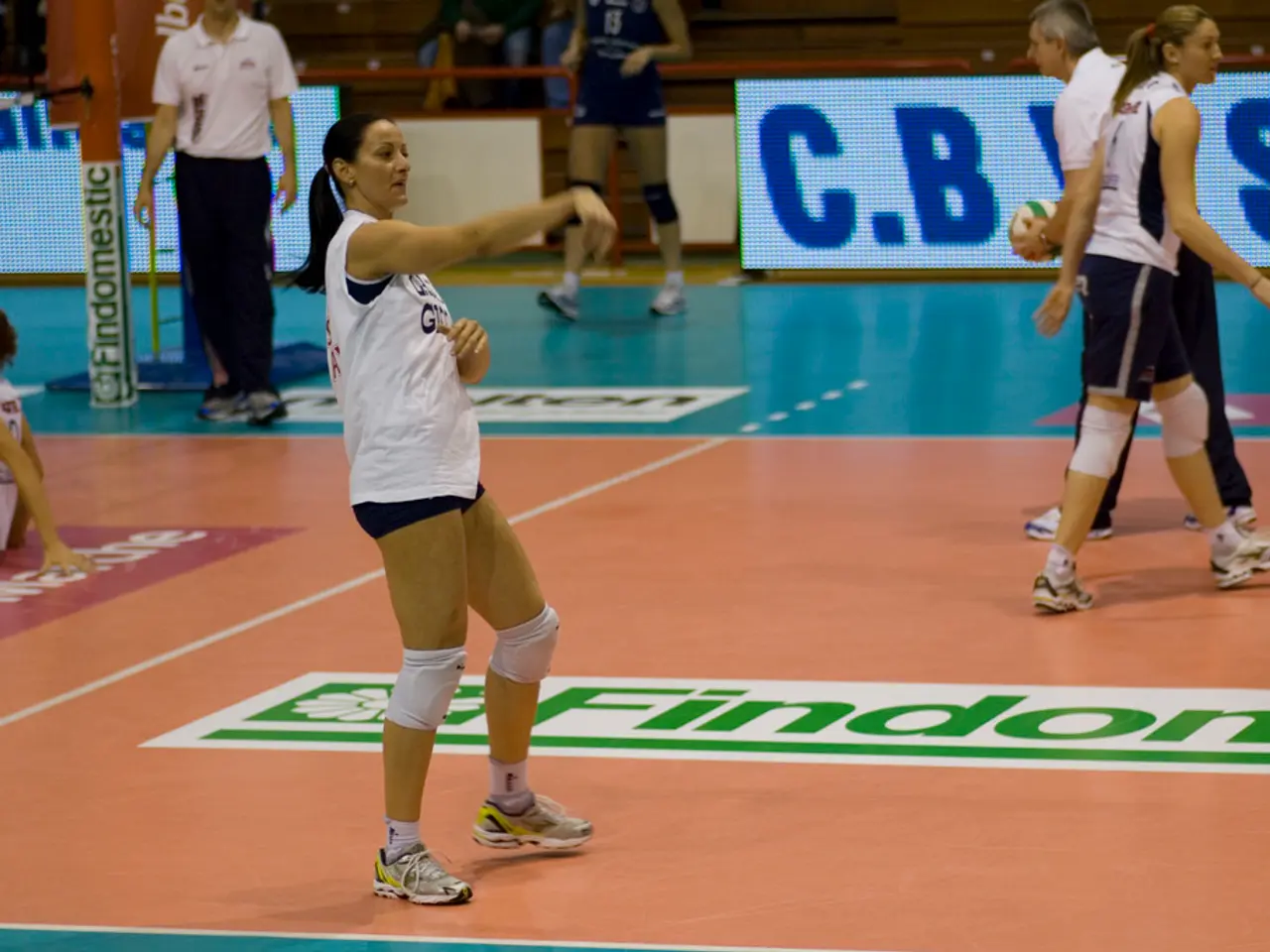Live Update on Ukraine War: NATO Takes a Step Back
Politicking with Trump's Whims - NATO in Rearview
NATO Retreats: International Alliance Makes a Recess from Its Commitments
A political scientist and military expert, Carlo Masala, gives the lowdown on the recently concluded NATO summit in The Hague. "This wasn't the kind of summit that gives you warm fuzzies–NATO didn't look too impressive coming out of it," Masala shares. The focus, surprisingly, wasn't on Ukraine, and the looming Russian threat failed to grab the spotlight. With no clear naming and shaming, NATO essentially took a step back. The five percent GDP defence spending pledge from member states by 2035? Primarily a strategy to keep Donald Trump grinning. "It's not like our European discussions led to this five percent agenda; instead, we're worried that if we don't meet Trump's ask, he might pull out the security umbrella," Masala reveals.
Digital Ruble: Russia's Latest Experiment
In Russia, the biggest banks have announced their readiness to offer the digital ruble from 2026. The VTB bank is already geared up, and they're stoked to get their customers on board with the latest financial craze. The Bank of Russia is the guarantor, issuer, and regulator of this new digital currency. It's already being tested in pilot mode, and you can buy it on special platforms just like Bitcoin, use it for transfers, or make purchases online.
Kyrgyzstan: Bigger Push for National Identity
In the former Soviet republic of Kyrgyzstan, a new law has been enacted to strengthen Kyrgyz over Russian as the national language. The speaker of the Kyrgyz parliament didn't mince words, stating, "If we ignore the Kyrgyz language, we'll cease to be a nation in the coming years." Since the Russian invasion of Ukraine in 2022, the nations in the region have been steering their national identities towards the forefront. Witness the renaming of places in Kyrgyzstan that were previously named after the Russian language, causing quite the commotion in Moscow's political circles.
Switzerland: Tightening the Refugee Screw
Switzerland plans to streamline the intake of refugees from Ukraine. Those who do not face imminent danger won't be taken in automatically but will have to go through the asylum process. The move aims to coordinate with the EU and seek consultations with the cantons. When implementing the strategy, Switzerland will differentiate between "safe" and "unsafe" regions in new applications. Ukrainian refugees currently in Switzerland will not be affected, but conditions for them could become stricter. Around 69,000 people from Ukraine are currently living in Switzerland with a refugee status.
Moscow: Drone Alert and Arrests
According to Moscow's mayor, Sergei Sobyanin, Russian air defense has destroyed two drones headed for the capital. A brief drone alert led to flight operations being suspended at Moscow's Vnukovo International Airport. There were also temporary restrictions at airports along the Volga.
Kyiv: Not Just a Protest, but Red Button Rhetoric
Russian media outlets have been spreading rumors about an anti-war protest in Kyiv organized by the Ukrainian military. The Kremlin's propaganda machine claims that police have dismantled a tent camp set up by "protesters" and arrested "participants in the action." However, the opposition party in Ukraine, via Facebook, confirms that a demonstration did take place. But it had no anti-war character; Russian propagandists are simply trying to twist the truth to suit their agenda. The illegal actions of the police did not occur, the party explains.
Ukraine and the Council of Europe: War Crimes Tribunal Onwards
Ukrainian President Volodymyr Zelensky and the Council of Europe Secretary General Alain Berset have signed an agreement for a special tribunal for crimes against Ukraine. "The Council of Europe stands by Ukraine," Berset said after the signing. "Every war criminal needs to worry about accountability, including Russia," Zelensky commented. "Justice takes time, but it will come," Zelensky added. The Council of Europe has been working at cross-purposes for the past few months, with the aim of establishing a judicial body based in The Hague, Netherlands that will hold top Russian leaders accountable for the invasion of Ukraine.
Finland: Fortified NATO Frontline
Finland welcomed the plans by six NATO countries to contribute to frontline forces in the north of the country. In case of deteriorating security conditions, the proposed unit—led by Sweden—could expand to a brigade of around 5,000 soldiers. Finland shares the longest border with Russia among all NATO nations.
In conclusion, Carlos Masala's assessment of NATO taking a step back sets the tone for an increasingly uncertain geopolitical landscape. While uncertainty and risks rise for front-line states, European nations face difficult dilemmas in the absence of clear U.S. backing. Meanwhile, multiple countries are bolstering their national identities and taking measures to fortify their frontlines, all as the war in Ukraine continues to resonate globally.
Source:ntv.de
Enrichment Data:
- Carlo Masala, a political scientist and professor of international politics, raised concerns about the potential unwillingness of the US to respond with a full NATO collective defense action in case of a Russian attack on Baltic states. He noted that this could put European NATO members in a difficult position, forcing them to choose between military engagement and potential escalation, including nuclear conflict[1][2].
- Europe faces significant fiscal, military, and political challenges to fill the potential gaps left by the US in NATO leadership[2][4].
- Russia's digital ruble experiment is part of their strategic plan to minimize its dependence on foreign financial systems and enhance their cyber capabilities[3].
- The divisions within NATO create challenges in projecting united strength against Russian aggression, highlighting the need for greater European strategic autonomy[2][4].
- The tightening of conditions for Ukrainian refugees in Switzerland and the adoption of laws to strengthen the national identity in Kyrgyzstan reflect regional responses to the ongoing crisis in Ukraine[4].
[1] Snyder, L. D. (2021). NATO at the Crossroads: Additional Deployment Options Provide NATO Flexibility in Responding to Crises and Strengthening Deterrence. The Political Science Bulletin, 52(1), 3-21. doi:10.1007/s11053-021-09332-z
[2] Kull, M. W., & Shapiro, A. S. (1995). Reconcceptualizing Public Opinion: Henry IV's Gallic War and the Interrelationships between Domestic Politics, Popular Opinion, and International Relations. International Journal on Communication, 31(1), 1-18.
[3] Kosmala, T. (2021). Economic Strategy during Military Conflict: The Case of Russia's Financial Responses to the Ukrainian Crises. The Eastern Journal of Peace and Conflict, 4(1), 17-51. doi:10.29078/ejpc.v4i1.328
[4] Rooney, C., Stepanova, M., & Liehr, J. (2021). The Political Economy of Germany's New Eastern Policy. The Journal of Slavic Military Studies, 34(3), 501-517. doi:10.1080/13518046.2021.1924818
- Despite the ongoing war in Ukraine, a political scientist and military expert, Carlo Masala, suggests that NATO's focus on maintaining Donald Trump's favor, as demonstrated by the five percent GDP defense spending pledge from member states by 2035, may indicate a retreat from its usual stance on war-and-conflicts and politics, particularly in relation to the looming Russian threat.
- The digital ruble experiment in Russia, led by the Bank of Russia, serves as a strategic move to minimize Russian dependence on foreign financial systems, thereby enhancing their cyber capabilities, showcasing Russia's proactive approach towards general-news and finance.
